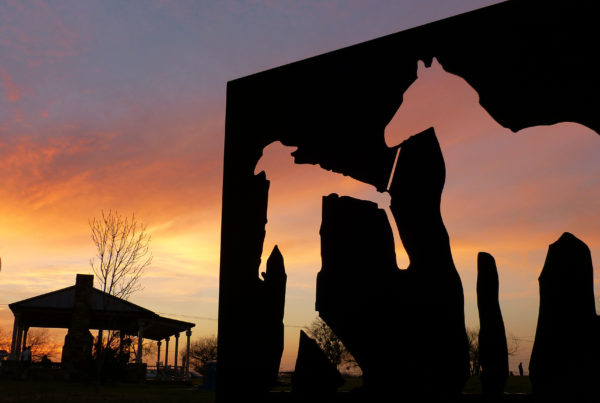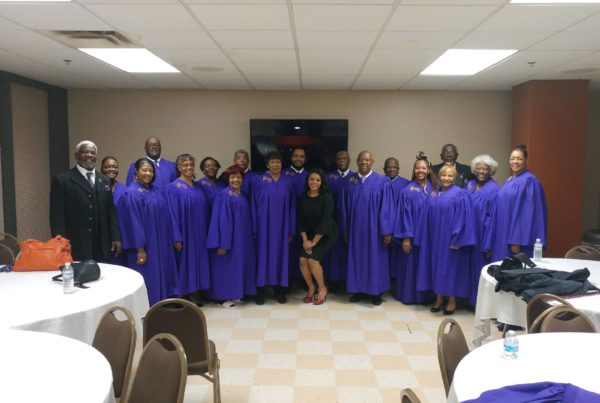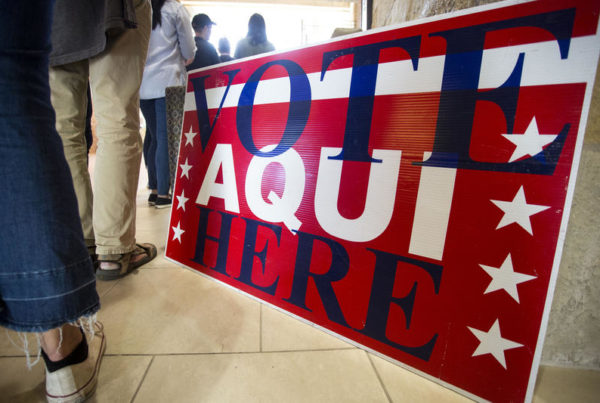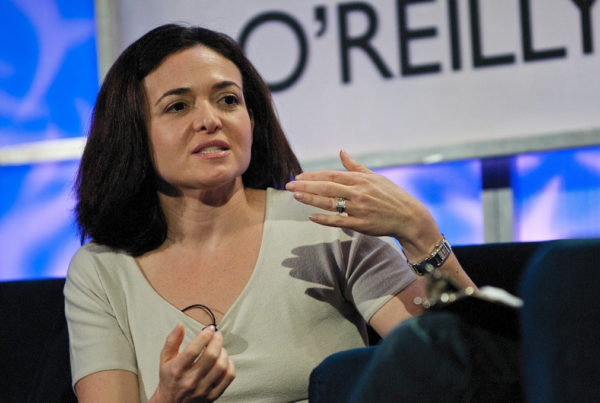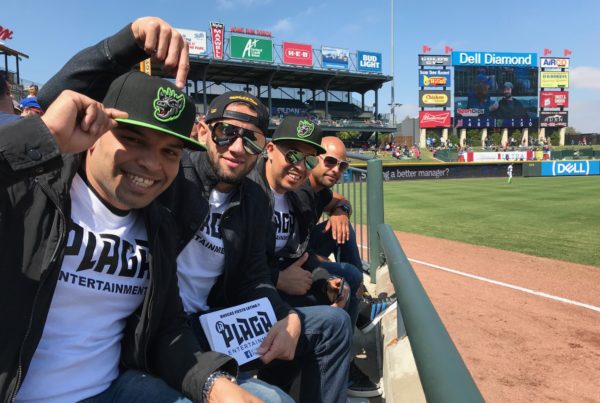Depending on your sense of community, and how intentional you want to be regarding whom you do business with, the ownership of your bank is not just a remote, esoteric question.
According to a Houston Chronicle report, there’s just one African-American-owned bank in Texas – Unity National Bank. Many of the people who do business there do so purposefully. The bank is based in Houston, but it’s grown in recent years and now it’s opened its first out-of-state branch in Atlanta.
Unity National Bank was founded in 1963 as Riverside National Bank, says Ileana Najarro, a business reporter for the Houston Chronicle.
“A lot of existing white-owned institutions weren’t financing small business owners with an African-American background,” she says. “So these communities created their own banks.”
In 1998, Unity opened its first branch in Missouri City. Najarro says that over the years, Unity has demonstrated a commitment to communities.
“In the case of the recession, for instance, that was a huge hit to a lot of minority-owned banks in general, but especially African-American owned banks, as well, with a lot of tight regulators and just losing out because of the housing crisis,” she says. “But in the case of Unity, it didn’t have to take any federal bailout because its shareholders and board members actually invested out of pocket to keep the bank open and not have to rely on any federal assistance.”
In 2016, with the growing Black Lives Matter movement, black banks gained a higher profile. On social media, the rapper Killer Mike encouraged African-Americans to put their money in black banks to support the community and build up capital.
“Similar to what we saw back in the 60s, but now in a modern take,” Najarro says. “And so you saw a wave of deposits coming into Unity National and several other banks across the U.S.”
Now, expanding to Atlanta is the next step for Unity.
“It’s where a lot of successful African-American entrepreneurs are headquartered,” Najarro says, “and sort of this huge, thriving business community driven by African-American leaders.”
Written by Christopher De Los Santos




